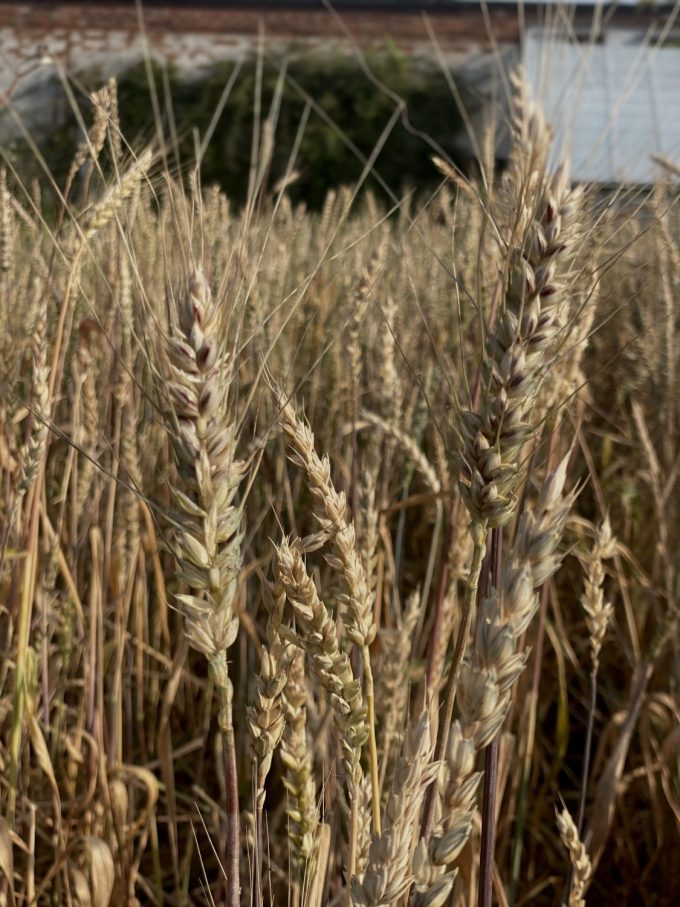Reference Number: 14
Year: 2016
Link: Link to original paper
Nutrition: Amino Acids | Antioxidants | Bioactive peptides | Fibre | Minerals | Organic acids | Polyphenols | Proteins
Summary

Summary
Organic farming is gaining broad recognition as a system that complies well with sustainability, an overarching principle that should drive agriculture now and in the coming year. Different cultivars and products can harbour different abundances of specific bacterial groups, farming system may influence the composition and abundances of microbial communities found on food product. Despite the growing interest towards organic foods, we still have a limited understanding of the diversity of food-associated microbial communities and the factors that influence the composition of these communities.
Consumers in developed nations are commonly exposed to differences in farming practices through their choice between organic and conventionally farmed foods. Organic farming practices can differ from conventional farming practices in a variety of ways, including the types of fertilizer and pesticides that are used. This review aiming to gather current knowledge on chemical, technological, toxicological and functional properties and microbiota composition of wheat flours originating from organic and conventional farming systems and how the use of these may affect the sourdough fermentation and breadmaking. Sourdough fermentation is the most natural and best-performing process to ensure optimal sensory and functional characteristics. It fits perfectly into the processing chain that starts with the organic farming, especially for old wheat varieties with weaker technological properties.
Recently, organic and sourdough microbiota diversity was investigated and in some case a comparison between organic and conventional microbial ecosystem was also carried out. Opposites evidences arise. Once a higher diversity of lactic acid bacteria species was found in conventional wheat sourdoughs, while when the diversity of Firmicutes was investigated, organic sourdoughs showed the highest complexity. When occurring, the differences between conventional and organic sourdough microbiota and their effects on bread properties are difficult to be identified and categorized due to the extremely large variability in baker’s practices. Besides, this review would provide a critical view of this topic in order to avoid the speculation that in this field unavoidably arise.
Significance of the study
Organic farming is gaining broad recognition as a system that complies well with sustainability, an overarching principle we follow at The Sourdough School. As Gobetti states in this paper, sourdough fermentation is the most natural and best-performing process to ensure the optimal sensory and functional characteristics of baked products and fits perfectly into the processing chain that starts with organic farming. There has been some research on the association between the organic farming systems and the plant microbiota which in turn may affect the quality of sourdough fermentation. However, the paper suggests that more research is warranted in this field with more focus on the functional properties of organic flour in sourdough baking.

